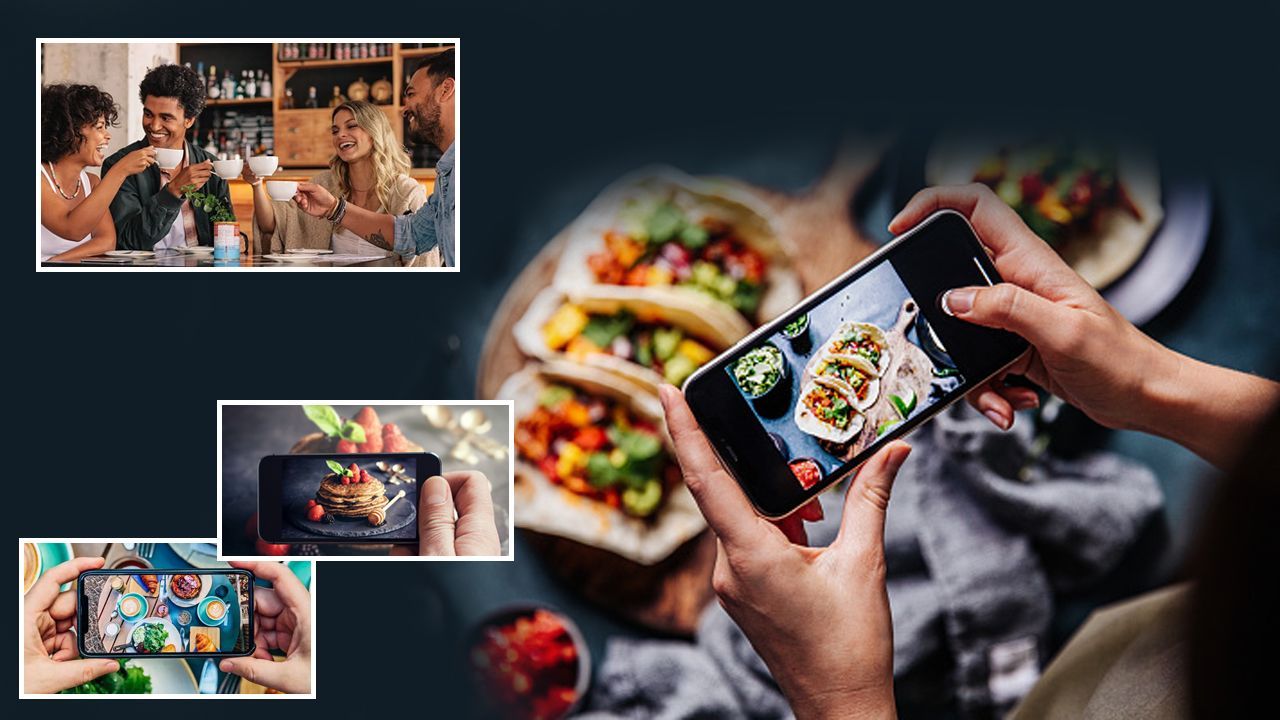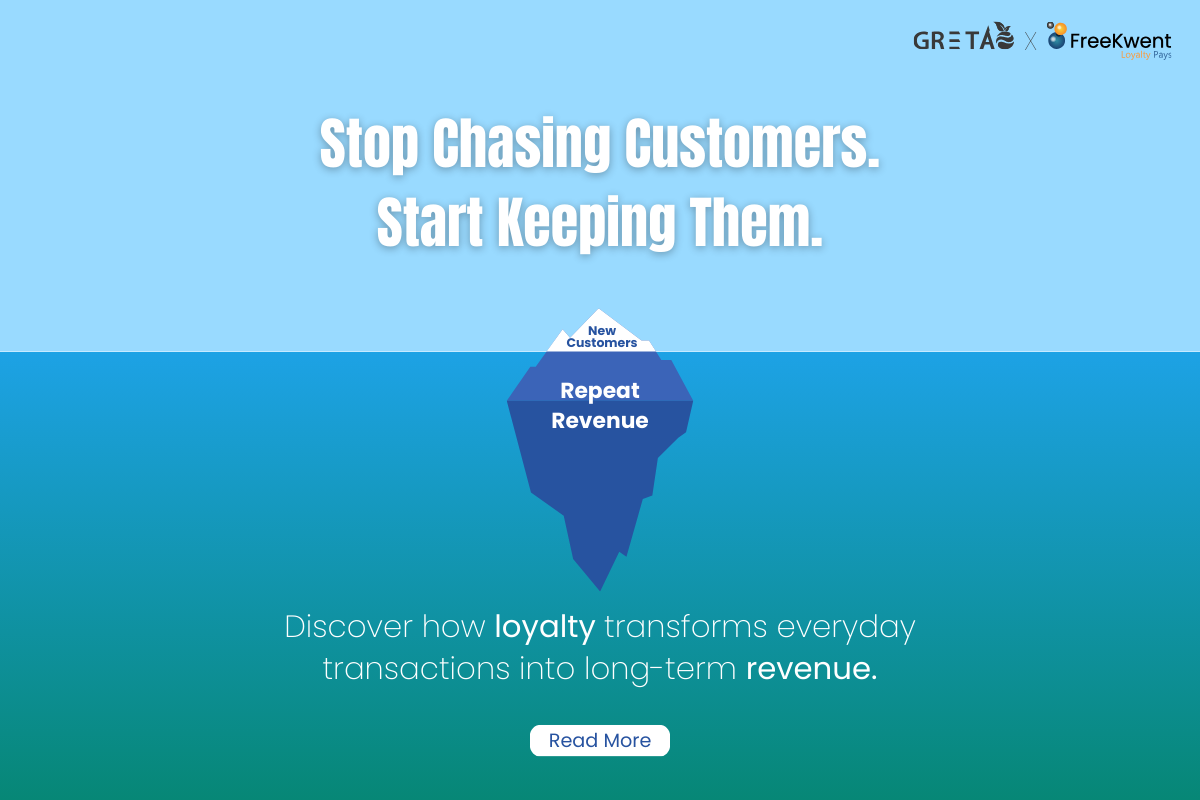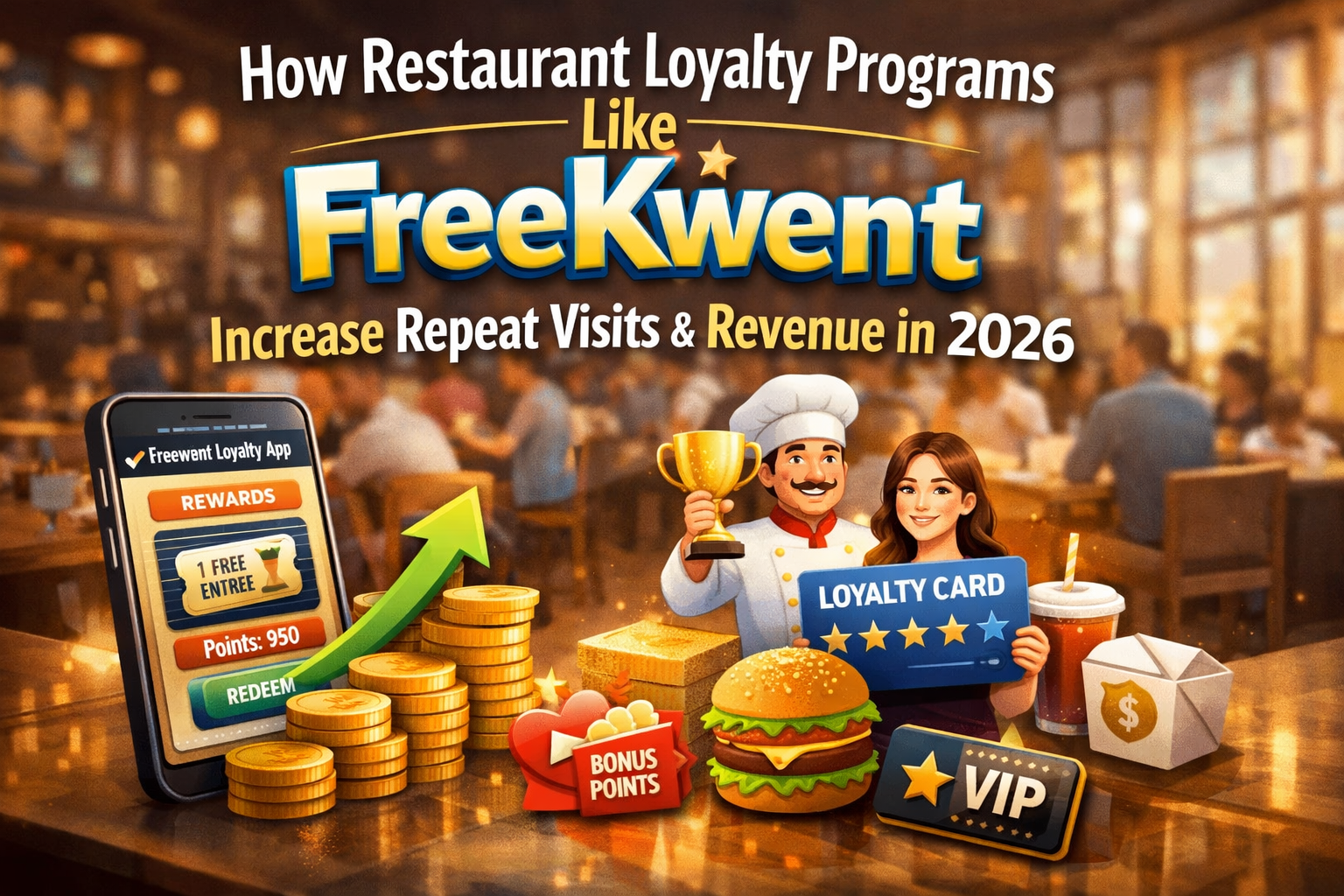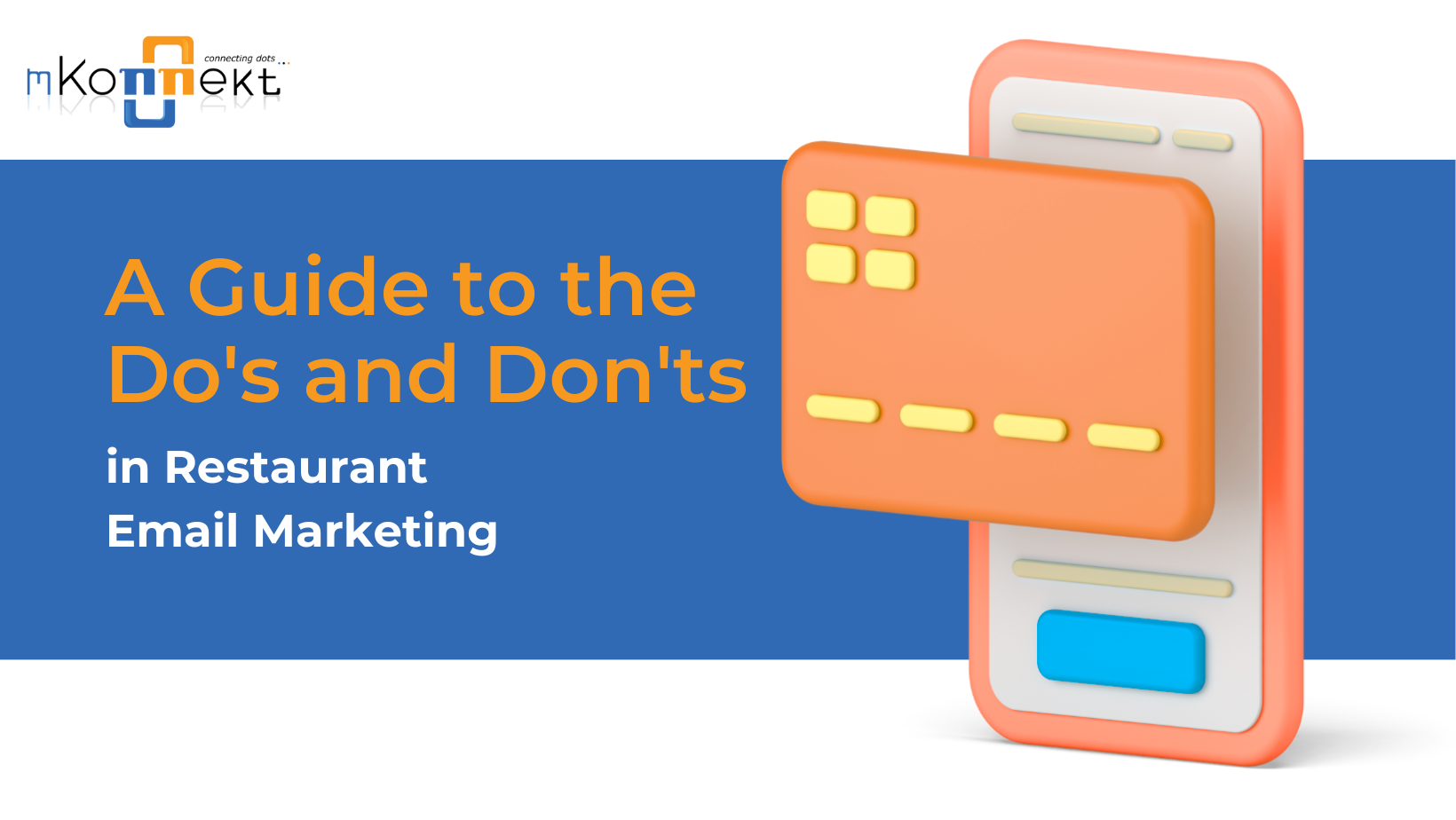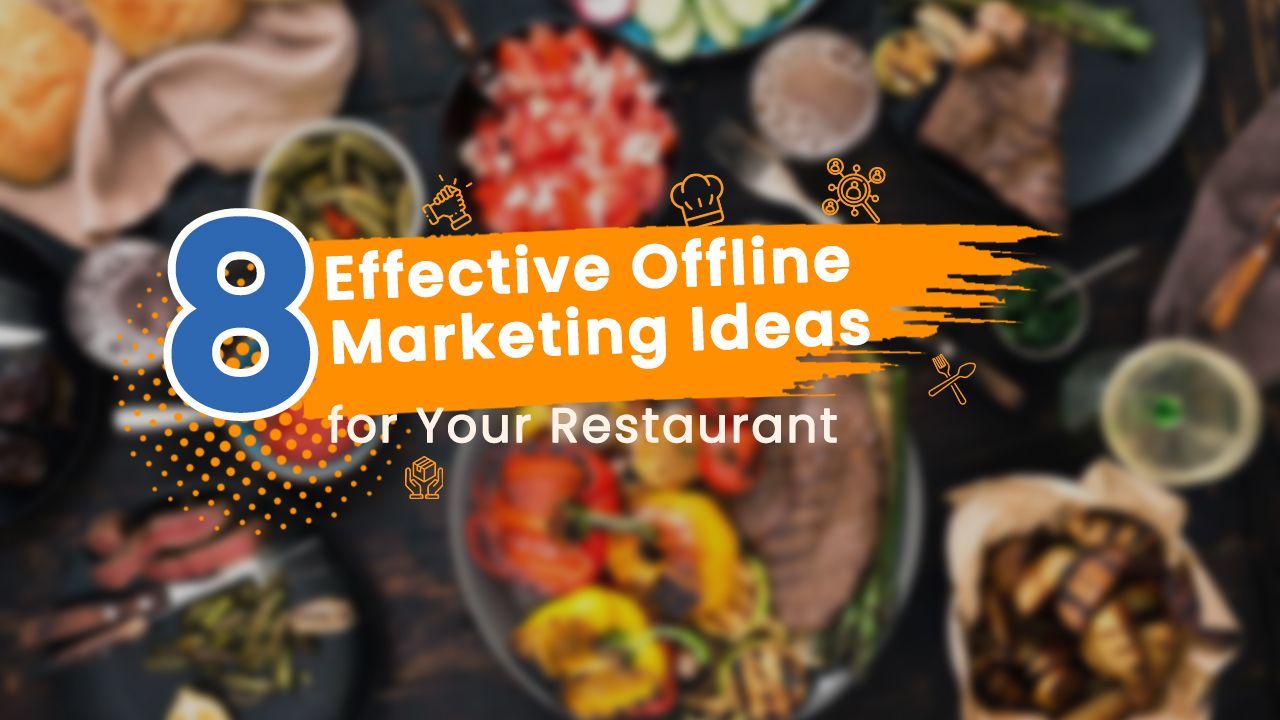How To Franchise Your Restaurant? Part 2

As of June 2021, Subway had 37,540 locations in more than 100 countries and territories.
When asked in an interview with the QSR magazine about Subway’s international success with respect to their franchise numbers, their director of development said- “The secrets to our success are probably not secrets. I think they’re really obvious and it has to do with the fact that people want something that tastes good, that’s a good value, and is something that is hopefully good.”
But, what is the real deal here? One of the most important things here is the right marketing strategy.
Does your franchise have what it takes to become the next Subway?
Well you are in great luck today because we are here with the second part of our Franchise blog. We are going to take you through the basics and the most important aspects of franchise marketing- what it is, types and how you can market your franchise effectively.
Types Of Franchise Marketing
Before you even consider marketing your restaurant franchise, you must first understand what franchise marketing is and the numerous sorts of it.
Franchise marketing is basically all those activities that you do to grow as a brand. Franchise marketing might involve pay-per-click advertising, email marketing, SEO, trade exhibitions, content marketing, commercials, and other activities that a franchise engages in to expand.
Franchise marketing can be broadly divided into 2 categories,
Operational marketing
and
Franchise development marketing. Operational franchise marketing is used by both franchisors and franchisees. It entails attracting new clients, keeping them engaged so that they become loyal patrons, and raising brand awareness. Franchise development, on the other hand, refers to all of the activities that you, as a franchisor, engage in in order to sell more franchise locations. If you're a franchisee, you don't have to worry about the latter, and we've concentrated on the former in this post.
Now that the types are sorted, let's quickly hop on to the marketing strategies required to marketing your restaurant franchise.
How Do You Market Your Franchise Restaurant?
Marketing your restaurant franchise might seem like a lot of work, but trust us, with careful planning and implementation, it’s not that hard. Here, we'll walk you through some best practices for a smooth and effective approach.
The first stage in planning any marketing strategy, let alone franchise marketing, is to conduct thorough research on your customers, their interests, geography, demographics, and other factors, as well as to define the personas you will be targeting. Following that, you'll need to choose the channels through which you'll put your message out.
Franchise Marketing Channels
Website
77% of the diners visit a restaurant’s website before placing an order. 88% of online website visitors are less likely to return to a website after a poor experience [Gomez], losing you a wealth of potential customers. Numbers speak for themselves, hence you need to consider creating a quality website, that is fast, easy to navigate through, and the most important thing, it should be mobile friendly.
Also have a properly optimized and easy to understand menu, with proper descriptions for your customers to easily place orders. Make sure that you have proper contact information and popping CTAs (order online) for you to not lose a single customer to the fact that they didn’t know where to place an order on your website!
Social Media Marketing
One of the most effective ways to raise awareness has been through social media. People spend an average of 1.4 hours every day on social media sites, sharing their thoughts and opinions and conversing with others.
This is the time to make a good first impression and position yourself as a thought leader in your field. The goal of the plan is to present your brand to customers by producing material that catches their attention. The benefit of incorporating social media into your marketing strategy is that it allows you to reach a much larger audience without requiring a significant marketing spend.
Optimizing the customer experience at each of these touchpoints is critical to converting a cold lead into a profit-generating customer. Developing a social media funnel attitude may assist you in fine-tuning your approach, increasing audience engagement, and, most crucially, increasing conversions at each stage of the buyer's journey.
Online Reputation Management
Restaurant franchises have long relied on word of mouth to reach out to their consumers and establish their brand, in addition to traditional marketing techniques and paid advertising. While the internet's expansion provided chances to promote your company to a larger audience, it also brought a number of obstacles.
Maintaining an online presence isn't enough; you need to monitor and update your listings on a regular basis. Customers are attracted to a restaurant based on online ratings and reviews. A negative review is no longer limited to a disgruntled customer's personal circle of friends; instead, it can reach millions of potential customers. As a result, managing your restaurant's online reputation is critical.
SEO
According to research based on more than 80 million keywords and billions of results, 28.5 percent of searchers click on the first Google result, 15.7 percent on the second, 11% on the third, and 24.8 percent on the fourth to tenth. Many people rely on Google to discover the appropriate answers to their questions, with little over 3.5 billion searches per day. This is where search engine optimization (SEO) comes into play in your franchise marketing plan. The difference between a continuous flow of leads and no visitors can be determined by optimizing and ranking for the right keyword.
Local Marketing
Local restaurant marketing is more than just handing out flyers. Contributing to causes that are important to your customers and match your company's beliefs is, in fact, the best approach to generate goodwill with your customers. Collaborating with local companies can provide your restaurant with a number of advantages, including increased brand recognition and revenue.
In fact, most well-known restaurants, such as Chipotle and Pizza Hut, have regular fundraisers with public schools, sports organizations, libraries, and youth community groups.
Working with local groups such as animal shelters and non-profits, you can organize charity events, fundraisers, and Spirit Nights for your franchise businesses. The collaborating organization receives a percentage of the traceable sales revenues.
Email Marketing
- According to Marketing Sherpa, 72 percent of consumers prefer to communicate with businesses via email.
- Every day, at least 91 percent of consumers check their email.
Sending emails to promote your business is known as email marketing. Restaurant Email marketing has been around for a long time and is still being used by businesses to send out brand updates, promotions, coupons, and to stay in touch with new and existing customers.
Emails are an excellent way to communicate with your consumers and stay in touch with them on a regular basis. In fact, there are a plethora of inventive methods to use emails to communicate the proper marketing message to your restaurant's patrons.
Birthday Clubs And
Loyalty Programs
Restaurants had been successfully using punch cards to create a regular client base long before the switch to mobile platforms. The entire landscape of loyalty programs is undergoing a revolution as a result of the introduction of simple mobile platforms.
With nearly 30% of restaurants offering a customer loyalty program and 69 percent of consumers reporting that where they may earn rewards influences their restaurant decision, it's clear that a loyalty program is a great way to market your franchise restaurant.
Birthday clubs can be a fun way to interact with your clients.
Customers who had not planned to visit your restaurant may decide to do so after hearing about the deal.
Wrap Up
Now that you know how to promote a franchise, you can pick and choose which strategies to employ and get to work.
We can be of great assistance to you if you're wanting to market your franchise restaurant. Know more and request a demonstration of our marketing platform today!
